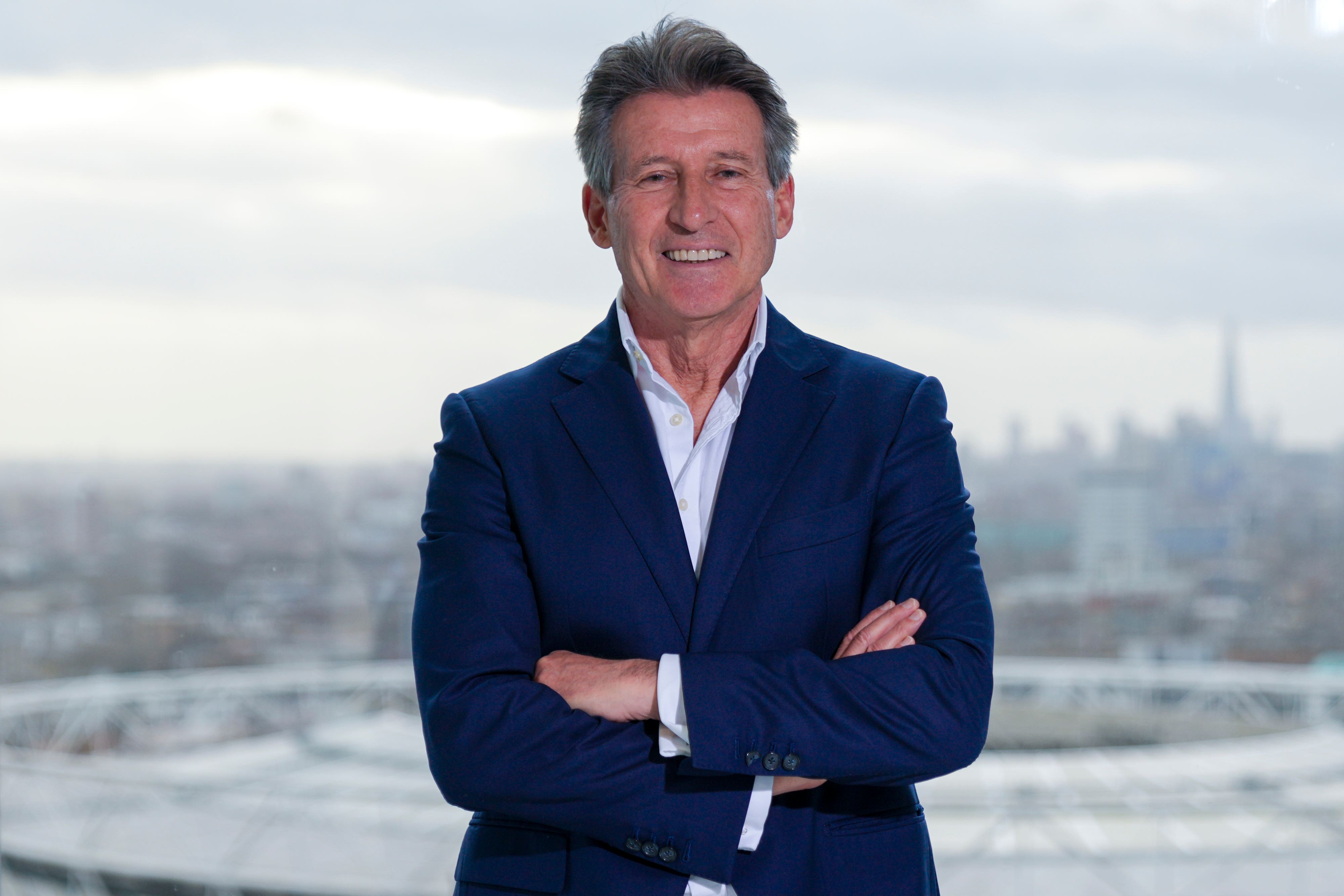Sebastian Coe vows to shake up IOC if he wins presidency race
Coe sees himself as the reform candidate in the contest to succeed Thomas Bach.

Sebastian Coe has vowed to shake up the International Olympic Committee if he wins the race to be its new president and believes “too much power is in the hands of too few people”.
Coe, a double Olympic champion and the current president of World Athletics, sees himself unashamedly as the reform candidate in the contest to replace Thomas Bach.
The manifestos of the seven candidates were published by the IOC on Thursday morning and, at a media briefing to launch his blueprint, Coe was clear about his desire to truly democratise the IOC.
“There’s no shortage of talent (among the membership). But the question I ask myself as a member is – what input do I and other members have? And the reality of it is, there isn’t enough. There’s too much power in the hands of too few people,” he said.
“The creation of commissions that are really meaningful and feed into an executive board, an executive board that is a really important filter for the members and a president’s office that is open and accessible and is prepared to work collaboratively – those are absolutely key prerequisites. And at the moment, we don’t have that. The decision-making processes aren’t working. They’re out of balance, and the fences need to be taken down.
“It’s just freeing up people, and not assuming that if you come with a different analysis, that in some way this is heretical and you’re trying to burn the whole movement.”
When it was pointed out to Coe that his words might not land well with senior IOC figures, he replied: “Well, look, I’m sorry – that’s the way I see it.”
Coe can point IOC members to his track record of reform at World Athletics – an organisation which he said was “in the sewer” when he became president.
He says the IOC is “not broken as an organisation” but senses an “appetite for change” from many of those in the Olympic Movement he speaks to.
Coe still firmly believes in the power of that Movement, and held his media briefing overlooking the Olympic Park built for the London 2012 Games in Stratford.
“I’m as excited today as I was the first time that I came here trying to sell 520 hectares of mud and breakers’ yards and rivers that had never been dredged and wildlife that had never really seen light of day for 60 years,” he said.
“I see (running for the IOC presidency) as another extension of the journey. It’s the dance I just couldn’t sit out.
“This (Olympic Park) is probably the best demonstration of anything that I’ve delivered, but using the extraordinary power of the Olympic Movement.
“None of this would have happened in that time frame – to have built a new city inside an old city in seven years, and to do it from a standing start and to leave 50,000 permanent, meaningful jobs and new houses, three universities…you can see from the window what is here – this is a new community, and that is the power of the Movement. And that, every day, if I am privileged to do this job, is what I will be squeezing every ounce of.”
Coe can see parallels in this race with that fight in 2005 to bring the Games to London in 2012, when Paris and Madrid were originally considered the more likely choices to host.
“I know that I’m not an insider,” he said.
“I doubt whether I’ve ever been an insider in anything. It doesn’t spook me at all.”
Bookmark popover
Removed from bookmarks